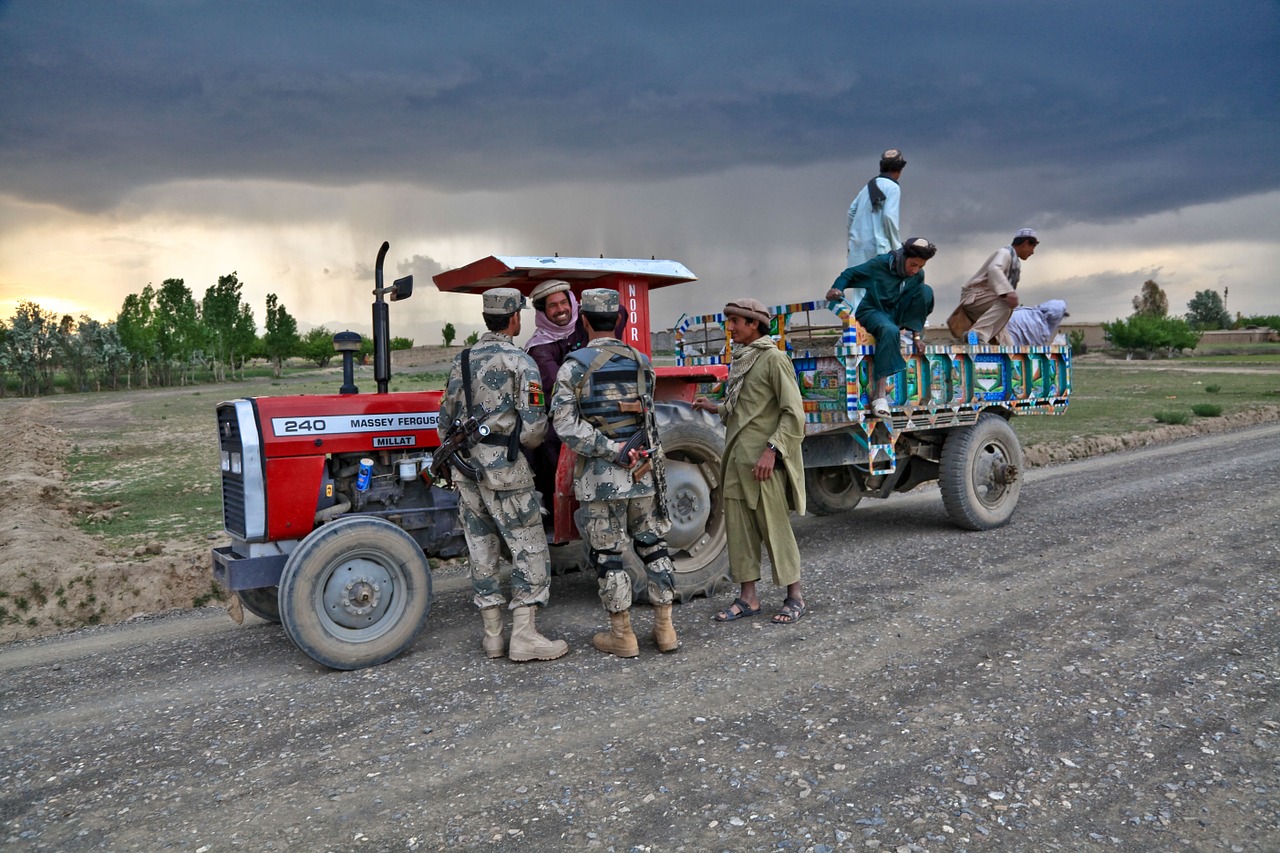Strategic Assessment
Since NATO’s International Security Assistance Force (ISAF) mission ended in December 2014, the security situation in Afghanistan has deteriorated immensely. Against this background, President Trump has advanced a “new Afghan strategy” that focuses on sending more troops, “killing terrorists,” and eschewing “nation-building” in order to prevent Afghanistan from becoming a safe haven for terrorists. Yet with the adoption of this militarized approach, it is important to analyze the problems that have plagued Afghanistan over the past two years so as to identify the most appropriate strategy to stabilize the country. Indeed, a comprehensive approach that merges military, political, and economic measures is the only path to long term stability.



